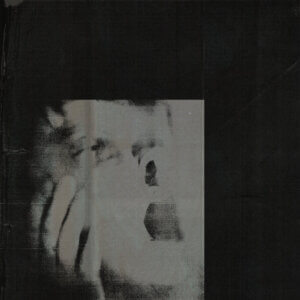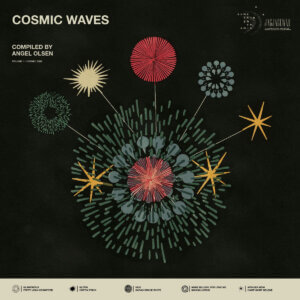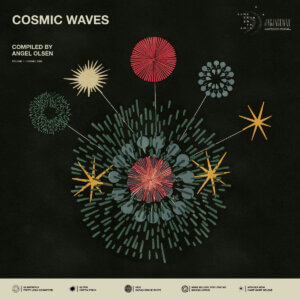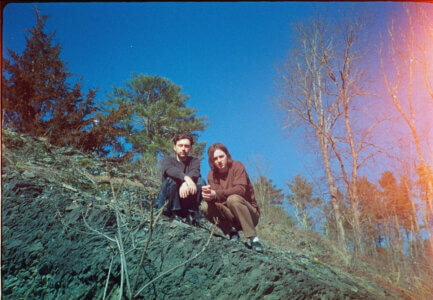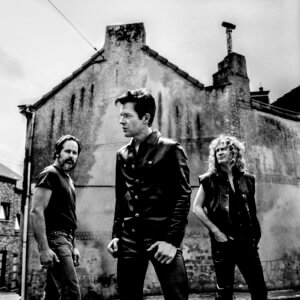Alex Cameron’s Unique Perspective
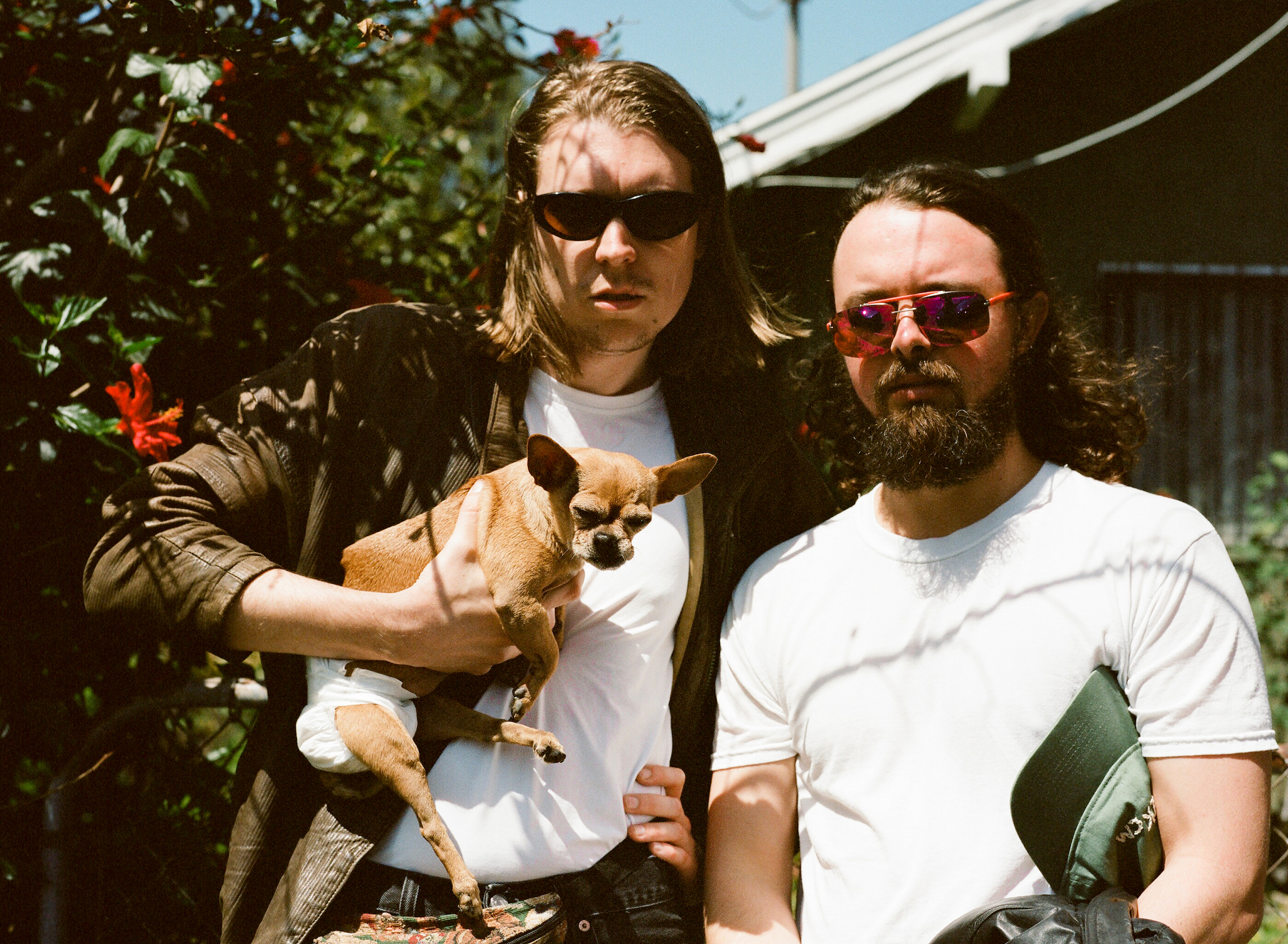
Australia’s Alex Cameron has stuck out because of his unconventional writing. After releasing his first album Jumping The Shark musicians came to his side to praise him, and years later those friends like Brandon Flowers and Angel Olsen are making appearances on his latest release Forced Witness. We caught up with Cameron ahead of his tour for the record to talk collaboration, characters and how he finds fascinating writing from failure.
Northern Transmissions: What brought you to the heavy retro sounds that permeates this record?
Alex Cameron: I used synthesizers from the 70s on my first record, but for this record I used synthesizers from the 90s. I suppose the song writing structure developed a lot because I had a lot more time to write the songs. I had to create whole worlds for these characters to live in that were melodically vibrant and dynamic. I was driven towards something with a little more power and bite to it. The way I write is writing lyrics and then make a song for those lyrics to live within. Jumping The Shark was a record that was about people that would closed off and isolated, and that’s why that record sounds like that, because I was like that. This other record I was working on the road, I was seeing the whole world, and I suppose that must have given me a broader pallet.
NT: I also thought it was interesting how much your record reminded me of Brandon Flowers (The Killers) last solo record and then I found out you two actually worked together and he wrote on the record?
AC: Brandon got in touch with me via email, which was totally bizarre cause I’d just played to about six people in Florida. He had heard a couple of songs, and felt a certain emotion because of it and said to give him a call if I ever wanted to hang out. There’s something about Brandon that’s etched and transcends influence. He writes these anthemic songs that have been in the ether now for over a decade. He’s elevated to that next level of songwriter. To hear from him was pretty wild, because it never occurred to me that people at that level reached down. He brought us out to Vegas and gave us a place to stay. Over the course of four months we spent a month total with him in Vegas. We wrote songs together, worked on Killers stuff and solo stuff, just writing songs. I count him as a friend now, as someone who’s imparting a lot of song writing wisdom down. We both have strengths, and there may be a chance where I’m lacking he’s thriving and vice versa. Those last two songs I wrote for the record with people like Flowers, Rado and Natalie Mering, a group of people I view as high skilled and fun to work with.
NT: What appeals to you the most about writing through the lens of a character rather than yourself?
AC: I guess I was just going towards what I thought was inspiring and powerful. It’s a way of telling the stories that I wanted to tell. It’s more than just getting on stage and entertaining people, it’s about storytelling. It comes down to what your goal is as a musician. Is your goal to broadly make music, is it to tell stories, is it to make money, is it to express yourself. I like to write stories and write about characters. I learn more about people from fiction than from reading the news.
NT: I understand a handful of characters on your records come from your work in the government legal office?
AC: My job was to communicate with people that were victims of corruption. I wasn’t necessarily writing about them but I was heavily influenced by having to converse and edit the words of these people that were made to be victims at the hands of corruption. It’s more of a conversational dynamic I was able to develop, a lot of my record is based on how people talk to each other. I can really write a song once I figure out how somebody talks. It’s important to maintain the perspective that you’re not that special, it’s a good perspective to have when you’re writing songs.
NT: What appeals to you as a songwriter about failure?
AC: It’s probably just that it’s unbridled. Most of the time you can’t deny it, it’s just how people operate. Some people fail because of genuine societal imbalances, and unfairness and inequality. Other people are just having to deny their own personal failure because it keeps them on top of the game. I’m obsessed with good writing. I’d love to read a really well written bad review, as opposed to badly written bad review, or well-written piece of bad news as opposed to a poorly written piece of good news. I’m convinced that there are good stories in bad writing, and bad stories in good writing. There are bad ideas in good songs and good ideas that are impossible to execute. When I’m consuming something I always wonder “Has this person developed their bullshit detector yet? Can they hear themselves talking and do they know they’re microscopic and miniscule?”
NT: What did Jon Rado bring to the production that you wouldn’t have gotten from someone else and did he get something special out of you in the booth?
AC: Well Rado was one of the first people to the scene besides Henry Rollins, when I was first putting out songs. He asked if I wanted to make the next record, and he’d be down if I was. I did a lot of the production in Berlin, and then flew to L.A. and worked with Rado for six weeks. He has a good musical mind that is good for executing theories. It’s to the ear with Rado, his ear and playing is so good. It’s quite an experience when you make a record with him because A: He’s really generous, he won’t hog the room, and B: When he wants to put his own ideas down, they’re hot as hell. It was bliss, that guy’s a motherfucker.
Words by Owen Maxwell
Latest Reviews
Tracks
Advertisement
Looking for something new to listen to?
Sign up to our all-new newsletter for top-notch reviews, news, videos and playlists.


